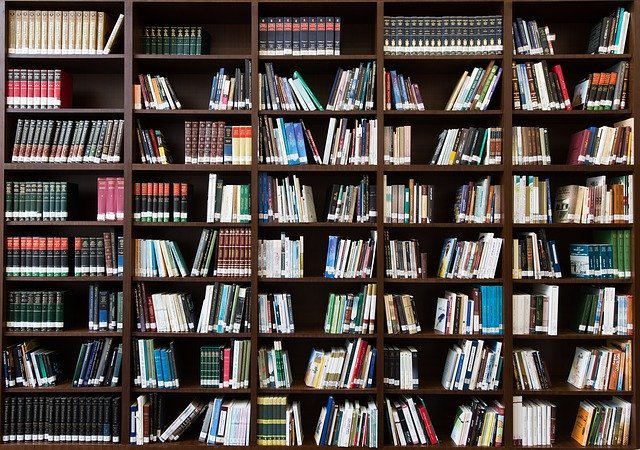Education in Nigeria can be said to have a far greater horizon than what is taught in the four walls of a classroom, or generally, in a school. Before the advent of western education, Nigeria, through its cultural obligation had the practice of teaching young children business education, moral education, vocational education, and any other skills that could put food on the table. More so, since the early day practices of Nigerians revolved around farming, fishing, crude trading amongst others; it is not a surprise that education, even though informal, has always been in our culture.

When the British missionaries came into Nigeria, they introduced the western type of education to the people in 1842. That started the beginning of early child formal education in Nigeria. Specifically, the Anglican Church Missionary society established the first secondary school in the country in 1859, to establish continuity for the primary education. Many other schools were founded by the Anglican body with that century. The secondary education continued its operation with aids being received from the British colonial government.
In 1882, an education ordinance was effected by the British colonial government to establish total control of the education system. Through this, schools were classified then into government and private schools. As their name implies, the government schools were fully financed and managed with public funds while the private schools are managed by the money made from the school. As at that time, there were no tertiary institutions in the country. Therefore, after the secondary education, outstanding students were sent to complete their education in Britain.

After the amalgamation in 1914, that saw the joining of the northern and southern regions into one big colony, a total of 11 secondary schools were in full operation. Additionally, a total of 150 elementary schools were in existence. All these while, the northern part of Nigeria had experienced little growth in the aspect of literacy and education. There was a resistance to the “mission work” being done by the foreign missionaries. However, Lord Luggard moved to change this by speaking to their leaders. This brought about the acceptance of education in the north.

In 1932, the first tertiary institution in Nigeria was established; the yaba higher college. The college became fully operational in 1934. After recognizable progress was recorded, the first university was established in 1948, The University College, Ibadan, with just about 104 students. By 1962 the number of universities in the country had risen to five. In 1980, collated metrics shower the number of students that gained admission into primary school was about 12million, 1.2million for the secondary level and about 240,000 at the tertiary level. There were also avenues for adult education to ensure a properly informed society.
Today, Nigeria has risen to a level where education is the centre of everything. Nigerians love reading, and this explains the numerous feats being achieved by Nigerian national both at home and abroad. The number of students has skyrocketed into million on all levels, and it is only bound to increase.
Abbey Johnson has a Masters degree as an engineer and has over 3 years of teaching and research experience. He is happiest when on a bike and is also interested in electric energy and computer Science.
